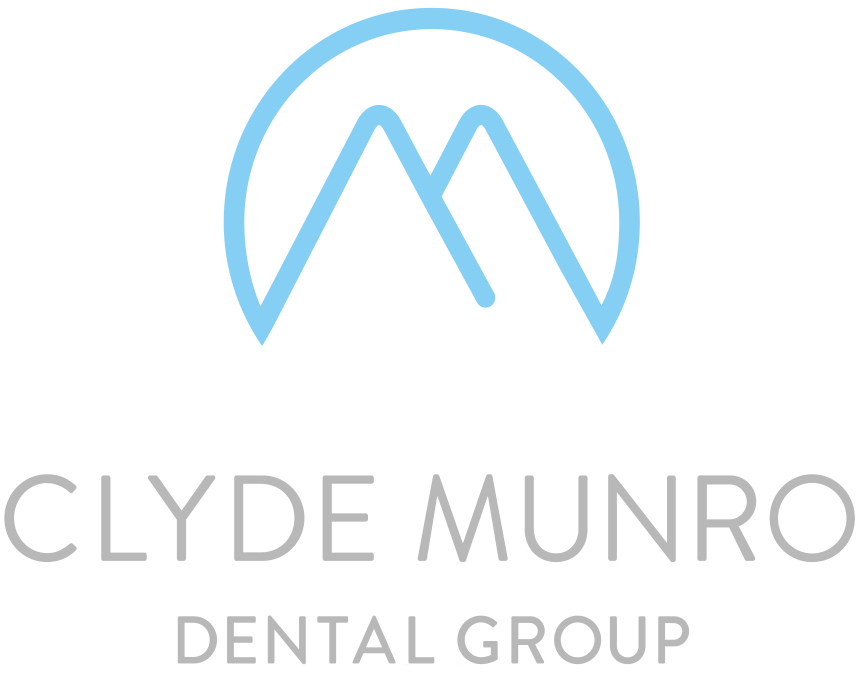Introducing Our Head of Clinical and Digital Dentistry
The newly formed role further reinforces Clyde Munro's commitment to digital dentistry, innovation, and technology.
Published: 25 May 2023
As part of our wider strategy to invest in transformational digital dentistry and drive exceptional clinical standards, Clyde Munro has appointed Callum Graham to Head of Clinical and Digital Dentistry within the group.
Over the last three years, Clyde Munro has made a significant investment of £2.5million in dental scanners, digital learning and development tools as well as an additional £1 million investment in our purpose-built training academy, Advanced Dentistry & Clinical Skills Centre, in Perth.
Mr Graham has been part of Clyde Munro since 2016 when he sold his practice to the group in a move that allowed him to refocus on clinical hours, passing the management of the practice onto Clyde Munro.
His newly appointed role will allow him to continue working in clinical environments while exploring and testing cutting-edge digital technology for the group.
Callum Graham, Head of Clinical and Digital Dentistry, Clyde Munro said: “In the seven years I have been a part of Clyde Munro, I have seen the passion and commitment from across the teams to pursue digital dentistry, recognising the significant benefits it has for dentists and patients alike.
“We invest heavily in cutting-edge technology, digital scanners, and on-site milling equipment but crucially, we invest heavily in training and development across the business to ensure our patients receive seamless, efficient care at every practice in Scotland.
“I’m really pleased to see this role being formed and delighted that I have been chosen to take the reins. Digital dentistry is going to revolutionise oral healthcare in Scotland, it’s more efficient, there is less room for human error and ultimately this will free up much needed capacity allowing us to provide more dentists appointments at a local level.”
Clyde Munro is committed to providing sector-leading care for NHS patients, as well as private patients – currently providing services for over 600,000 patients, with the majority of patients being registered NHS patients.





